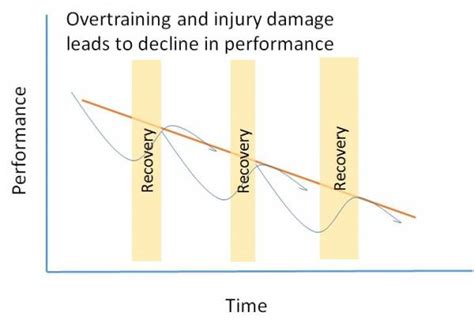How to maximize recovery for peak performance & consistent muscle gains?

In the pursuit of peak athletic performance and consistent muscle gains, many focus solely on the intensity and volume of their workouts. While hard training is undoubtedly essential, it’s merely one half of the equation. The other, often overlooked, but equally critical component is recovery. True progress isn’t made in the gym; it’s made when your body repairs, adapts, and grows stronger in the hours and days following your training sessions. Maximizing recovery is the secret sauce that unlocks your body’s full potential, reduces injury risk, and ensures a sustainable path to your fitness goals.

The Pillars of Optimal Recovery
Effective recovery is a multi-faceted approach, encompassing various lifestyle factors that collectively contribute to your body’s ability to repair and rebuild. Neglecting any one of these pillars can create bottlenecks that hinder your progress.
1. Prioritize Quality Sleep
Sleep is arguably the most powerful recovery tool at your disposal. During deep sleep cycles, your body releases growth hormone, which is vital for muscle repair and growth. It also replenishes glycogen stores, consolidates memory, and helps regulate hormones that impact appetite and stress. Aim for 7-9 hours of uninterrupted, quality sleep per night. Establish a consistent sleep schedule, create a dark and cool sleep environment, and avoid screens before bed.

2. Fuel Your Body with Optimal Nutrition
What you eat plays a direct role in how quickly and effectively your body recovers. Post-workout nutrition is particularly crucial for replenishing energy stores and initiating muscle protein synthesis.
- Protein: Consume adequate protein (around 1.6-2.2g per kg of body weight) spread throughout the day to provide the amino acids needed for muscle repair and growth.
- Carbohydrates: Replenish glycogen stores, especially after intense workouts, with complex carbohydrates.
- Healthy Fats: Support hormone production and reduce inflammation.
- Hydration: Drink plenty of water throughout the day to support metabolic functions and nutrient transport. Electrolytes can also be beneficial, especially after heavy sweating.

3. Incorporate Active Recovery and Mobility
While rest days are essential, complete inactivity isn’t always the best approach. Active recovery involves low-intensity activities that promote blood flow, help remove metabolic waste products, and improve flexibility without adding significant stress to the body.
- Light Cardio: Walking, cycling, or swimming at a low intensity.
- Stretching & Foam Rolling: Improve flexibility, reduce muscle soreness, and break up knots in fascia.
- Yoga & Pilates: Enhance body awareness, core strength, and mobility.

4. Manage Stress Effectively
Chronic stress, whether physical or mental, elevates cortisol levels, which can lead to muscle breakdown, impaired sleep, and increased fat storage. Integrating stress-reduction techniques into your routine is vital for overall recovery and well-being.
- Mindfulness & Meditation: Practice daily to calm the nervous system.
- Deep Breathing Exercises: Instantly reduce stress and promote relaxation.
- Hobbies & Social Connection: Engage in activities that bring joy and reduce mental load.

5. Consider Strategic Supplementation (If Needed)
While whole foods should always be the foundation, certain supplements can aid recovery when your diet falls short or specific needs arise.
- Creatine: Helps replenish ATP, improving strength and power recovery.
- BCAAs/EAAs: May help reduce muscle soreness and aid repair, though adequate dietary protein is often sufficient.
- Magnesium: Supports muscle function, nerve transmission, and sleep quality.
- Omega-3 Fatty Acids: Possess anti-inflammatory properties.
Remember, supplements are meant to supplement a sound nutritional strategy, not replace it.
The Bottom Line
Maximizing recovery is not a passive process; it’s an active, deliberate strategy that requires consistency and attention to detail. By consciously prioritizing quality sleep, intelligent nutrition, active recovery, and effective stress management, you create an environment where your body can not only repair and adapt but truly thrive. Embrace recovery as an integral part of your training regimen, and you’ll unlock unprecedented levels of performance, accelerate muscle gains, and enjoy a healthier, more resilient body for years to come.









